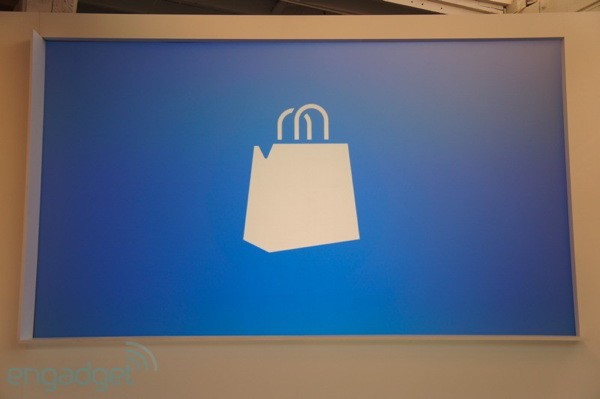
There I Fixed It has an historical overview of the “bookwheel,” a sixteenth-century book-desk combined with a water-wheel, which lets you easily rotate several books into your field of vision.
But imagine yourself back then attempting a research project. You want to learn about a topic from multiple sources and cross-reference each one. A desk with a scattered pile of books in no logical order with all sorts of bookmarks and notes trying to make sense of it all. Agostino Ramelli, an Italian engineer born in 1531 proposed a complex but intriguing solution to this problem; the bookwheel.
Based on the design of a waterwheel, the bookwheel would hold over a dozen separate titles, all sitting open at the same angle. Using either hand or foot controls, the reader could easily sort through the books he collected at ease without the fear of losing track of his place.
Historical Thursday: Agostino Ramelli’s Bookwheel
(Thanks, Phead!)
Follow this link:
Bookwheel: the multiple-tabbed browser of the XVIth Century









